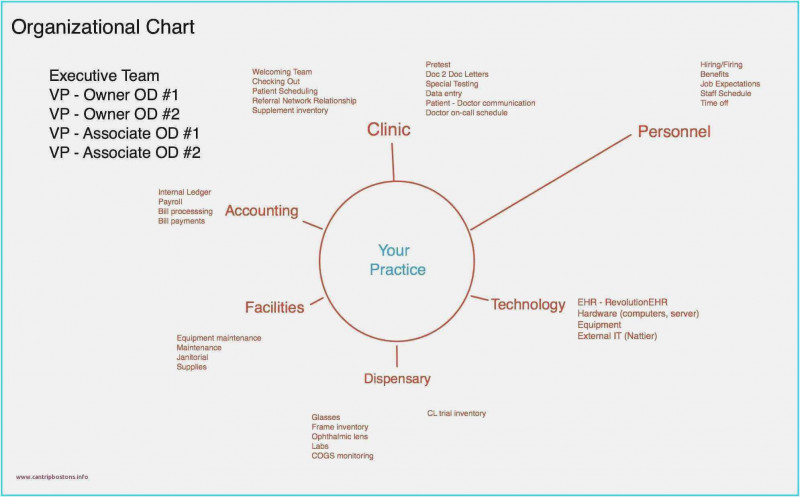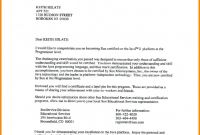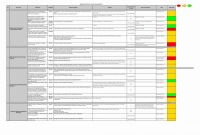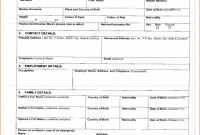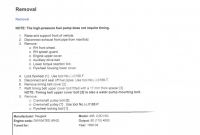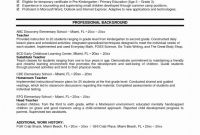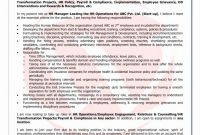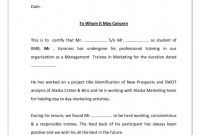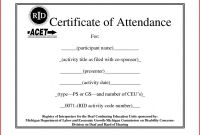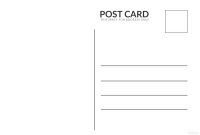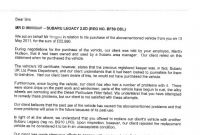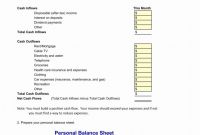We are going to explain a lot of parts with regards to Class Completion Certificate Template which you must endure for your guide. Absolutely it’s not difficult to find it in this website, because we prepare some of them that we have given.They are made definitely flexible. In the suitability that it can be adjusted or changed. We prepare various design ideas of Class Completion Certificate Template.They have a essentially spacious look. Most recently along with others. You can acquire it in Microsoft Office Word format and tweak them well.However if you are not able to locate what you are searching for here next we will suggest you to type additional keywords. I think the Class Completion Certificate Template which you are searching for is in reality great for you in the future.
You will locate a large assortment of certificates to pick the most seize one for your goal. There are an assortment of certificates you may create by our free templates for the exact same. In not quite no time, you will have professionally meant certificates and coaching forms that appear cool.correspondingly far as everybody understands, certificates have existed for years and they’ve been awarded to work up appreciation, document and understand a person’s achievements. Often folks are in two minds to find the money for gift certificates past they want the recipient to atmosphere taking into account they’ve similar to to the worry to choose a present.
Careless of what your point toward is, you may create personalized Class Completion Certificate Template to your need.
with you have established on the template, click the download button that may be located upon the proper side of your favorite document. Firstly, pick the template that you’ll use. You may have a certainly Class Completion Certificate Template here to create your own at home.
Some benefits of using these Class Completion Certificate Template:
- Printable. It can be directly used by placing images on a worksheet (you can use Photoshop, Corel Draw, or other graphic design programs);
- Editable. This Class Completion Certificate Template can be opened and customized with Microsoft Office Word and PDF with any version;
- Easy to use by anyone;
- You can save the file for free.
